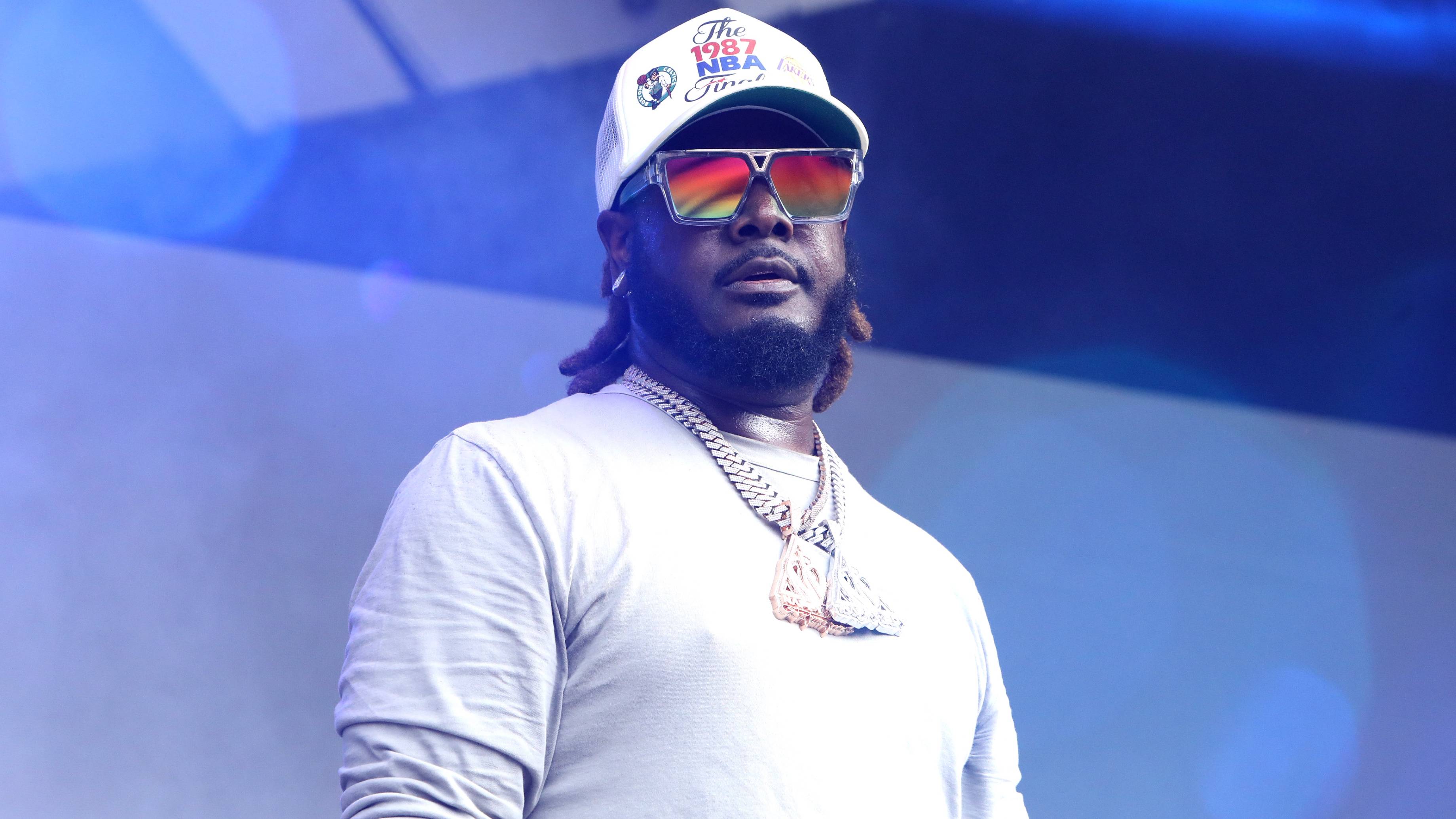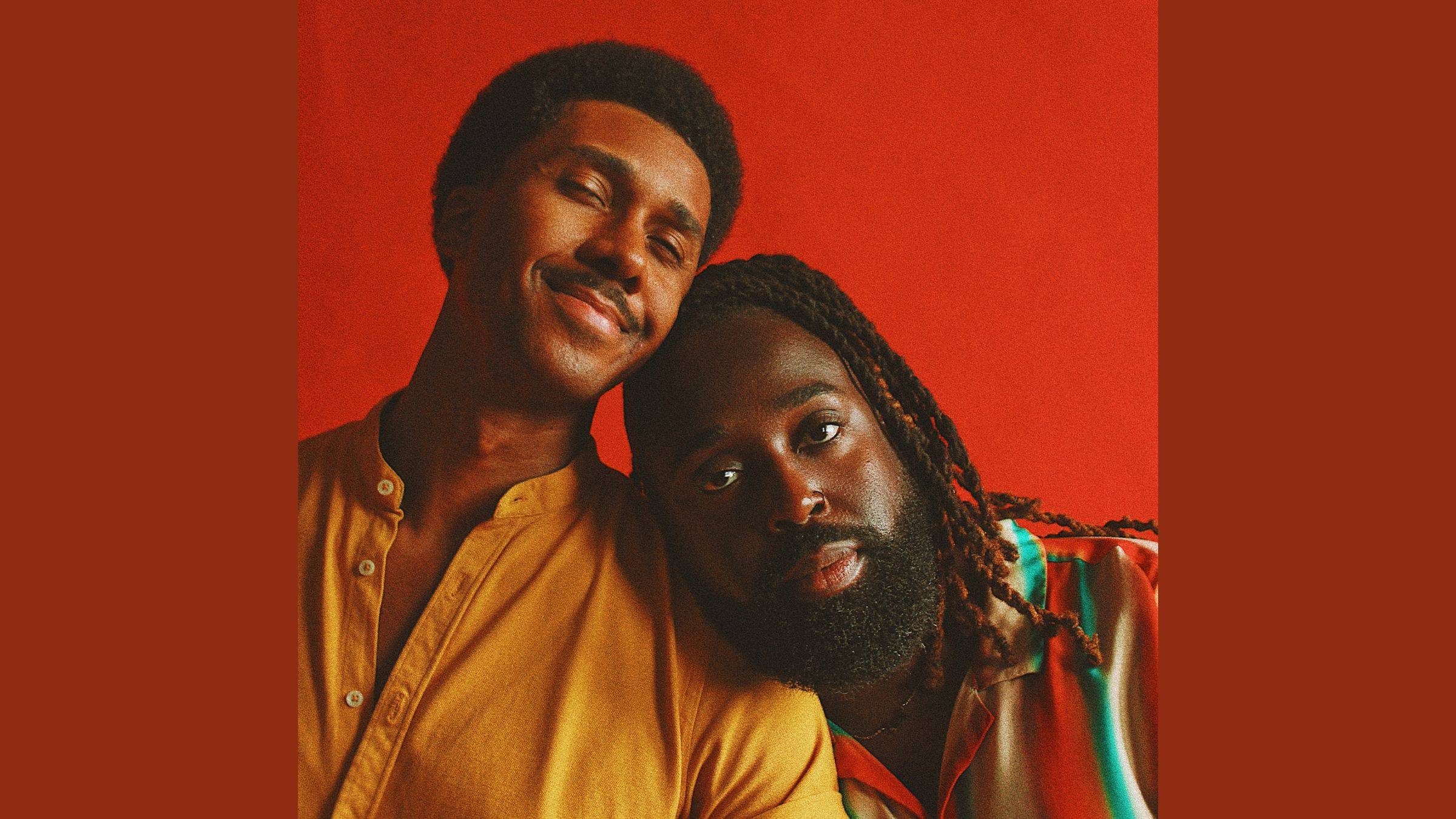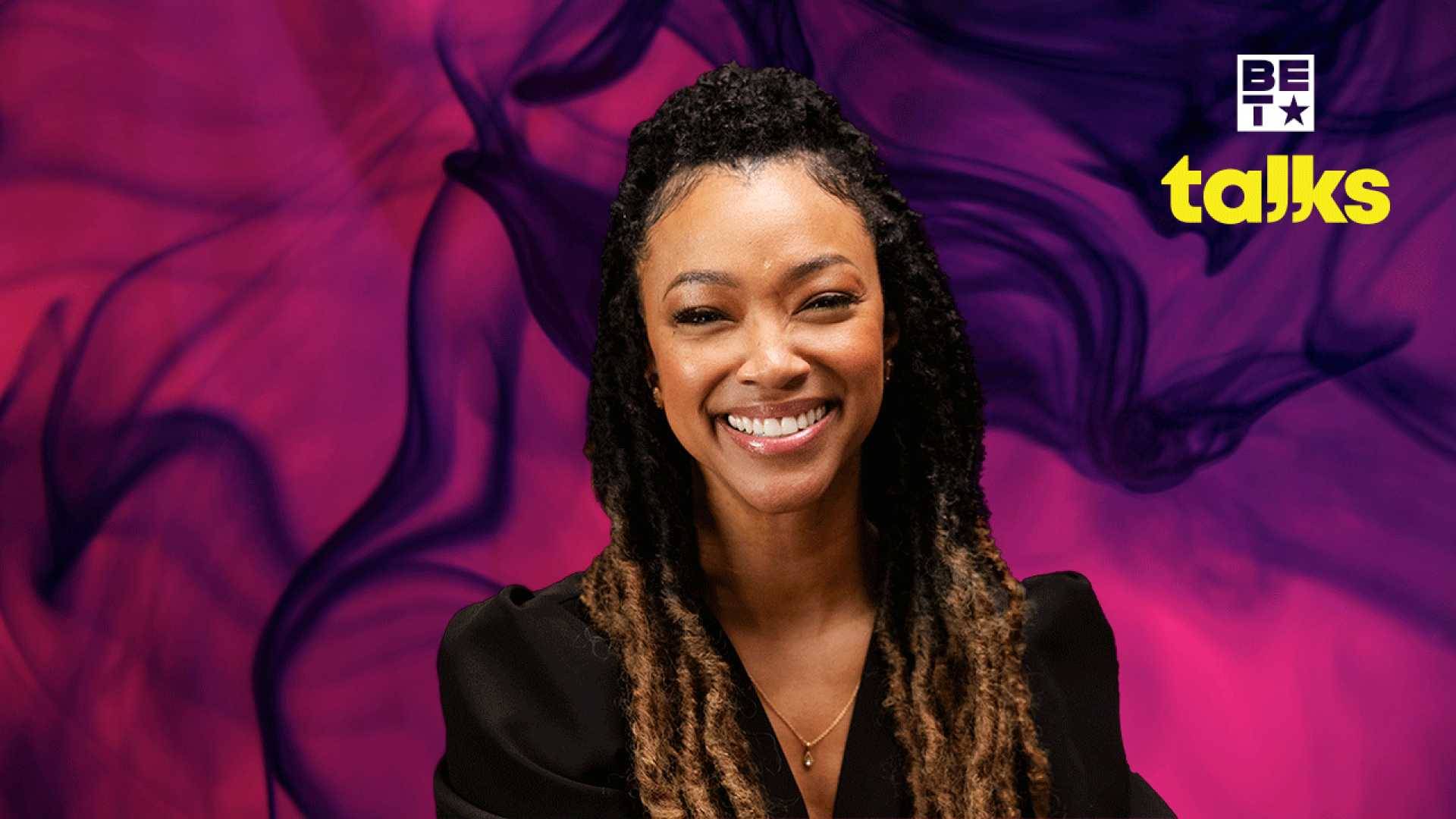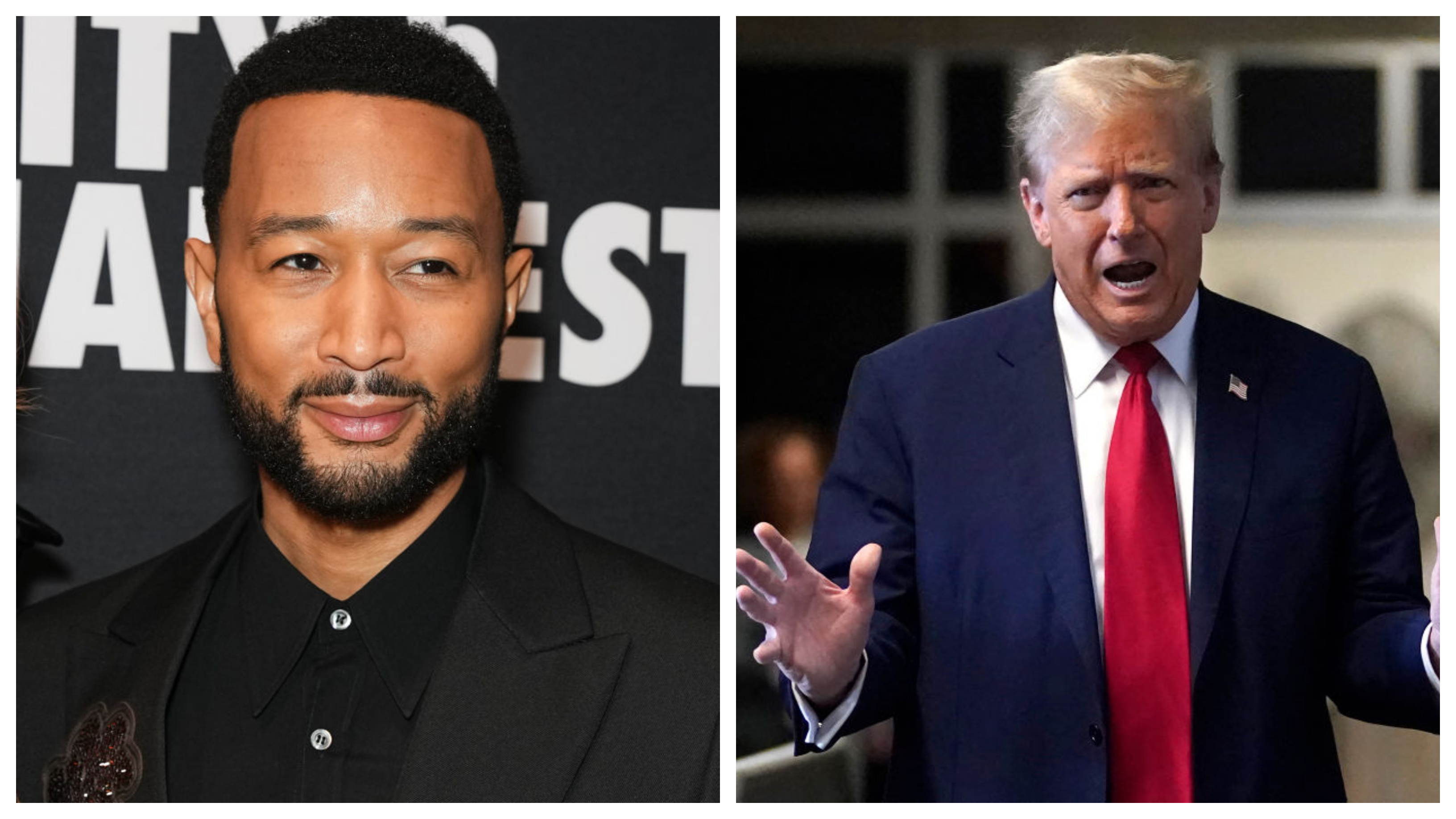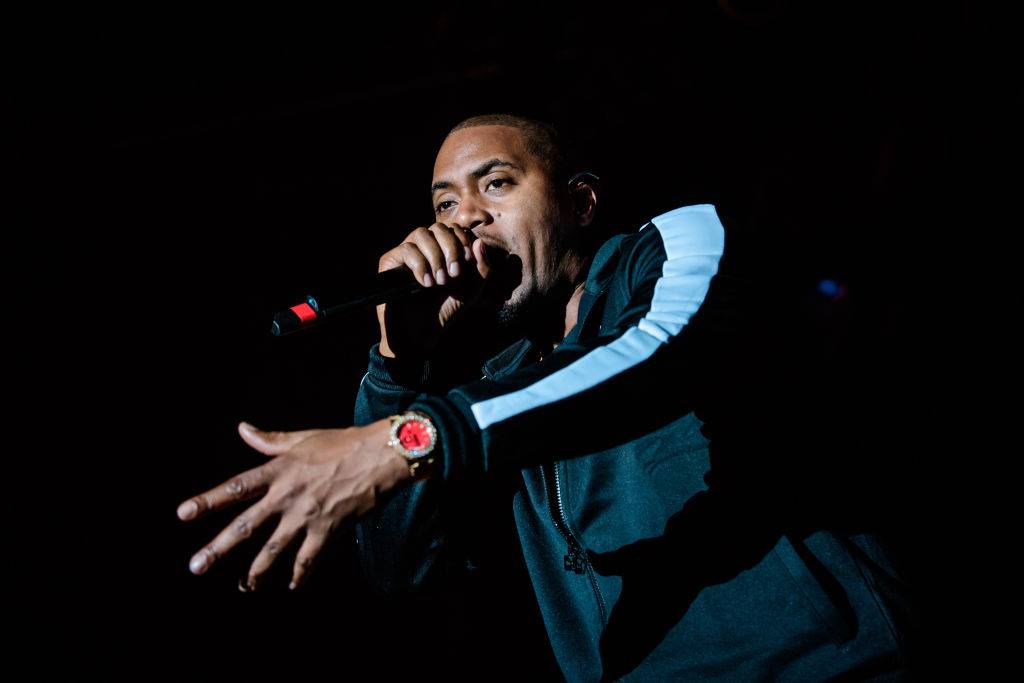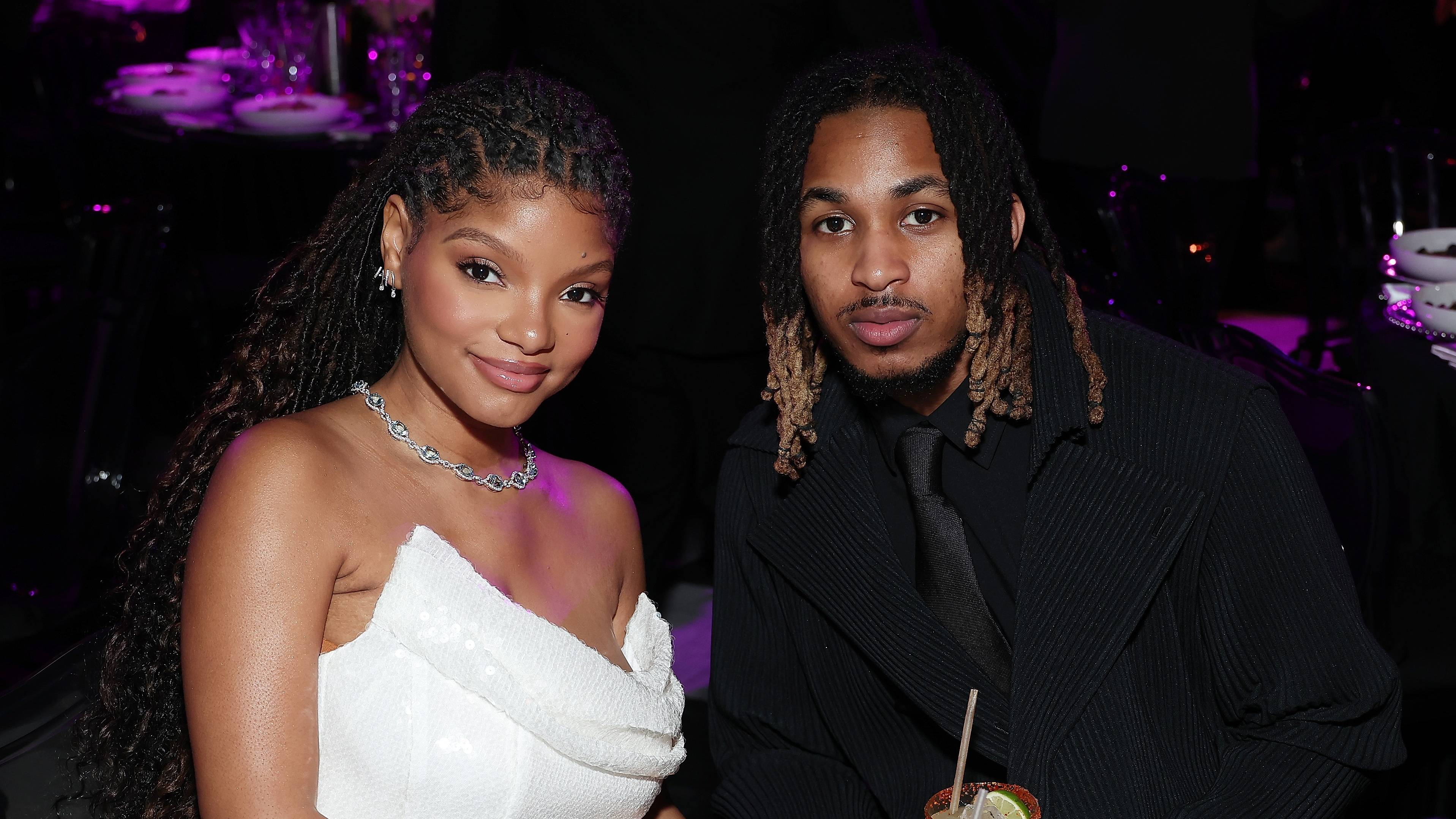Commentary: The Ferguson Summer of Discontent Is Not Over

Every year at the beginning of fall, I think back to a quote from the biblical book of Jeremiah that I came across years ago through my law professor Derrick Bell. "The harvest is past. The summer is ended. And we are not saved."
And We Are Not Saved, the title of Bell's 1987 book about "the elusive quest for racial justice," also seems an apt description of the transition from our own calamitous summer of unrest this year into the first week of autumn.
This past summer, we saw weeks of protests in Ferguson, police firing tear gas at demonstrators and scenes of officers with assault rifles and riot gear marching alongside armored vehicles through the streets of an otherwise sleepy suburban St. Louis community.
But when the cameras left Ferguson in August, the fire didn't stop smoldering. Just last night, local police in the neighborhood caused a major commotion shortly after Chief Tom Jackson met with demonstrators on the street. The video of the incident, posted on social media last night, showed protesters being arrested, beaten and thrown to the ground. If you thought those dramatic scenes were over in Ferguson, think again.
In fact, video has been a key factor in reporting recent stories of police brutality. Ever since Michael Brown was shot and killed by Officer Darren Wilson, we've seen one video after another of people of color subjected to police abuse and brutality.
We saw the video of Kajieme Powell, the African-American man police shot and killed in cold blood outside a convenience store in St. Louis. Then there was the video of John Crawford, the Black man police shot and killed inside an Ohio Walmart store for carrying an unloaded pellet gun he picked up off the shelf. And just yesterday came the disturbing video of South Carolina State Trooper Sean Groubert shooting an unarmed Levar Jones after Jones attempted to retrieve his driver's license from the car seat as the officer requested him to do.
This short list does not include the numerous other reports of police brutality that have been videotaped long before Michael Brown was killed. Back in July, New Yorkers were horrified by the video of Eric Garner choked to death by NYPD officers in Staten Island. A few years ago, Californians were shocked by the video of the shooting of Oscar Grant at the Fruitvale BART Station. And two decades ago, the most famous video of all, the Rodney King beating, sparked protests and riots in the streets of Los Angeles. ABC News anchor Peter Jennings called it "the story that might never have surfaced if someone hadn't picked up his home video camera."
But what if there were no video cameras to record these episodes? Would America have believed the eyewitnesses or the family members of these victims if their testimony contradicted official police accounts? Probably not, and that is part of the problem. Without the video, crooked cops might have successfully covered up their own misconduct.
When 22-year-old Darrien Hunt was shot and killed last month in Utah while carrying a souvenir sword he'd recently purchased, the police claimed he lunged at them, but family members insist an autopsy proves he was shot in the back. And just last month, when LAPD officers shot and killed unarmed Ezell Ford, police claim there was a struggle, although witnesses dispute that account.
These are not isolated incidents. We have an epidemic of trigger-happy cops in America, especially when Black men are suspects. Two Black civilians are killed by white police officers every week in this country, according to FBI data. Some shootings may be justified, but it seems the most effective way to monitor police behavior and restore confidence is to require all cops on the street to wear body cameras and release the video footage to the public in suspicious officer-involved shootings.
I'm tired of writing about these tragedies again and again, but not as tired as the people who are living through this nightmare. How many times do Black people have to scream and shout about police misconduct before America wakes up and begins to take this problem seriously? Each week's news brings more heartbreak to many of us, but where is the outrage and action from our leaders?
That's why the protests in Ferguson are not the end but the beginning. As Dr. King predicted 50 years ago, "This sweltering summer of the Negro's legitimate discontent will not pass until there is an invigorating autumn of freedom and equality."
And those who hope that Black people merely needed to blow off steam, Dr. King warned, will have "a rude awakening if the nation returns to business as usual."
Keith Boykin is a New York Times best-selling author and former White House aide to President Clinton. He attended Harvard Law School with President Barack Obama and currently serves as a TV political commentator. He writes commentary for BET.com each week.
The opinions expressed here do not necessarily reflect those of BET Networks.
BET National News - Keep up to date with breaking news stories from around the nation, including headlines from the hip hop and entertainment world. Click here to subscribe to our newsletter.
